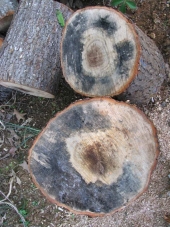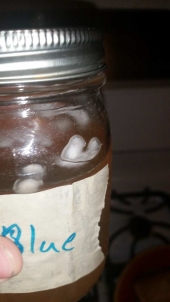John Saltveit wrote: My experience is that there is one large group who primarily uses sterilization with grains and bags, and a different group that usually uses pasteurization or wood dowels. I think that they usually don't communicate that much with each other, but maybe you can be a leader in that.
I perceive essentially the same thing, two groups whose methods are rarely compared or integrated. Indeed I joined this site in large part with the idea to bridge the gap. Permies love mushrooms but I dont see people drawing on the huge wealth of knowledge developed in years past by nonpermie amateur mycologists.
Just nitpicking, but "my side" (the grains/bags side altho jars are still more popular than bags) uses pasteurization a lot, too. Bulk substrates need to be pasteurized, full sterilization is a mistake and will lead to contamination. This is different from the production of spawn, which requires total sterility especially if starting with spores.
Anyway, how are wood dowels done? Are they innoculated directly with LC or would the liquid create contamination vector?
The method I'm thinking is esentially spores>LC>sterilized grains(using lots of LC for fast colonization)>sterilized wood>bulk pasteurized wood.
Its a lot of steps, and id like to hear from more experienced woodloving-mushroom growers. Is LC>wood something people do regularly, for example? that would let me cut out the grains step. aMybe cardboard is typically used, something like LC>cardboard>bulk wood?
Also what im realy looking for here is to get a sense of the different options. And the theory behind each one. I could write a book about this subject when it comes to grain-lovers, but I dont know much about woodlovers.




